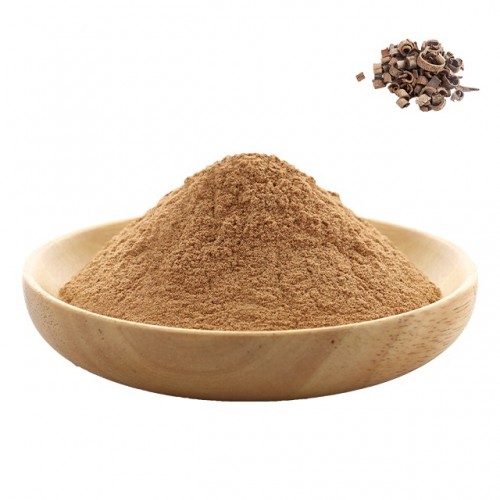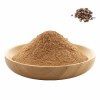



Magnolia bark extract is rich in two biphenol compounds (magnolol and honokiol), which are thought to contribute to the primary anti-stress and cortisol-lowering effects of the plant.The magnolol content of magnolia bark is generally in the range of 2-10 percent,while honokiol tends to occur naturally at 1-5 percent in dried magnolia bark.Magnolia bark also contains a bit less than 1 percent of an essential oil known as eudesmol,which is classified as a triterpene compound,and may provide some additional benefits as an antioxidant.No significant toxicity or adverse effects have been associated with traditional use of magnolia bark-but because high doses can cause drowsiness,you might want to hold off on operating that bulldozer or other heavy machinery while you're easing your anxiety with magnolia bark.
1. Inhibit secretion of acidity, anti-dental caries and anti-periodontal disease;
2. Anti-tumor and cancer: inhibits or prevents the growth or development of malignant cells. a potential anti-cancer material;
3. Anti-inflammatory and canker;
4. Anti-anxiety: relax striated muscles, reduce blood pressure, use for anti-stress, anti-depressive and improving sleep;
5. Antioxidant protection: 1000 times more potent than vitamin e in inhibiting lipid peroxidation, a major contributor to atherosclerosis and heart diseases. it's effective in cardiovascular diseases.